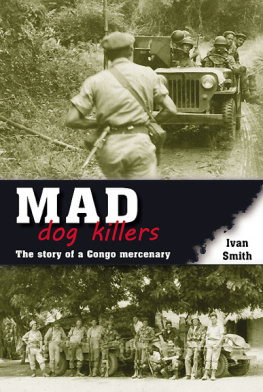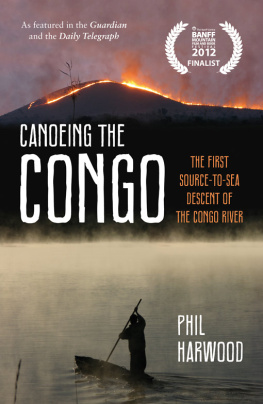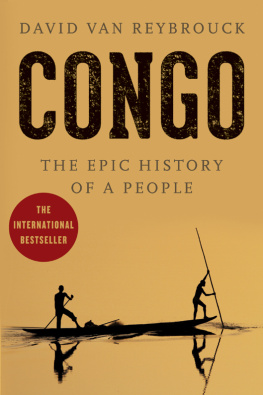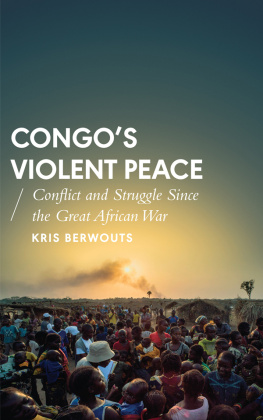Key Studies in Diplomacy
Series Editors: J. Simon Rofe and Giles Scott-Smith
Emeritus Editor: Lorna Lloyd
This innovative series of books examines the procedures and processes of diplomacy, focusing on the interaction between states through their accredited representatives, that is, diplomats. Volumes in the series focus on factors affecting foreign policy and the ways in which it is implemented through the diplomatic system in both bilateral and multilateral contexts. They examine how diplomats can shape not just the presentation, but the substance of their states foreign policy. Since the diplomatic system is global, each book aims to contribute to an understanding of the nature of diplomacy. Authors comprise both scholarly experts and former diplomats, able to emphasize the actual practice of diplomacy and to analyse it in a clear and accessible manner. The series offers essential primary reading for beginning practitioners and advanced level university students.
Previously published by Bloomsbury:
21st Century Diplomacy: A Practitioners Guide by Kishan S. Rana
A Cornerstone of Modern Diplomacy: Britain and the Negotiation of the 1961 Vienna Convention on Diplomatic Relations by Kai Bruns
David Bruce and Diplomatic Practice: An American Ambassador in London, 19619 by John W. Young
Embassies in Armed Conflict by G.R. Berridge
Published by Manchester University Press:
Reasserting America in the 1970s edited by Hallvard Notaker, Giles Scott-Smith, and David J. Snyder
Copyright Alanna OMalley 2018
The right of Alanna OMalley to be identified as the author of this work has been asserted by her in accordance with the Copyright, Designs and Patents Act 1988.
Published by Manchester University Press
Altrincham Street, Manchester M1 7JA
www.manchesteruniversitypress.co.uk
British Library Cataloguing-in-Publication Data
A catalogue record for this book is available from the British Library
ISBN 978 1 5261 1626 0 hardback
First published 2018
The publisher has no responsibility for the persistence or accuracy of URLs for any external or third-party internet websites referred to in this book, and does not guarantee that any content on such websites is, or will remain, accurate or appropriate.
Typeset by Out of House Publishing
For my parents, Geraldine and Peter
It is by imitation, far more than by precept, that we learn everything; and what we learn thus, we acquire not only more efficiently, but more pleasantly. This forms our manners, our opinions, our lives.
(Edmund Burke, Irish orator, philosopher and politician, 17291797)
The Congo was the one place where we could, at that time, have had a beginning of a new world order.
(George McGhee, US Under-Secretary of State for Political Affairs, 1962)
Note
Dag Hammarskjld Library, United Nations, New York. Yale-UN Oral History Project, Ambassador George C. McGhee interviewed by James S. Sutterlin, 9 May 1990, New York, p. 33.
This book is based on my doctoral dissertation, which was defended at the Department of History and Civilisation at the European University Institute (EUI) in Florence on 27 April 2012. It was revised into its current form at Leiden University and the University of Sydney.
Surrounded by the rolling landscape of Tuscany and the wonders of the Renaissance city of Florence, the EUI is truly a unique place in which to produce a thesis. It was a great privilege to spend six years in the rich academic environment and I am grateful to Richard Aldous and Maurice Bric from University College Dublin for supporting my PhD application. The rigour of the intellectual community at the EUI cannot be overstated and this project has in particular benefitted from debates and discussions with my doctoral supervisor, Kiran Patel, Sebastian Conrad, Federico Romero, and Dirk Moses. My EUI colleagues, in particular the veritable band of brothers provided a constant source of inspiration and support. Jannis Panagiotidis proved an excellent sparring partner from day one, with Mats Ingulstad in the role of academic nemesis. Martin Muller was always on hand to offer a selection of piercing insights and silver-tongued witticisms both inside and outside the classroom. Pablo Del Hierro sportingly read drafts and proved an ample companion for long stints in the archives. Thomas Cauvin, Lucas Lixinski, Veera Mitzner and Frank Gerits also provided thoughtful remarks and remain excellent friends.
The diversity of the EUI community has yielded a plethora of happy memories and wonderful life-long friends including Basia and Matthew, Chris, Conor and Constanze, Eugenio, Heko and Miluska, Ilze, Katherine and Jacob, Keiva, Karolka and Marija. I would like to thank the committee of Bar Fiasco for the experience of political management that has since proven a useful skill in navigating an academic career.
Beyond the EUI, the process of transforming this manuscript into a book benefitted from advice and support from a range of friends and colleagues including Jeffrey S. Ahlman Nigel Ashton, Lindsay Black, Ananda Burra, Meike de Geode, Andre Gerrits, Alessandro Iandolo, Ryan Irwin, Simon Jackson, John Kent, Nivi Manchanda, Anne-Isabelle Richard, Maria Weimer and Herbert F. Weiss. I am particularly indebted to Marilyn Young who served as a member of my thesis defence committee and was been a formidable advisor and a most ardent supporter of my career. She was a real source of inspiration as a scholar and as a woman in academia and her recent passing is a great loss to the historical profession.
Without the financial support of the Irish Government, the EUI, Leiden University and the Gerda Henkel Stiftung, this book may never have come to fruition. The by granting me the William Appleman Williams Junior Faculty Research Grant to travel to the National Archives at College Park, Maryland in 2014. Another research grant from the Gerda Henkel Stiftung in 2015 facilitated archival trips to the George Padmore Research Library, the Public Records and Archives Administration Department of Ghana in Accra and the National Archives of India in Delhi, which was very helpful in supplementing the dissertation research. In particular at the Padmore Library Id like to thank the archivist James Nasbah, and his research assistants Eric and Felix, for facilitating an extremely productive research trip and finding all the files I requested. The staff of the EUI Library in Florence and the Peace Palace Library in The Hague were also very helpful during the long years of writing this book.
Finally, a Kathleen Fitzpatrick Visiting Fellowship at the Laureate Research Programme in International History at the University of Sydney from April to June 2017 was fundamental in providing me a thoughtful intellectual space with which to bring the final manuscript together. I am indebted to Glenda Sluga, Natasha Wheatley and Jamie Martin for their inspiration, hospitality and generosity of spirit.









